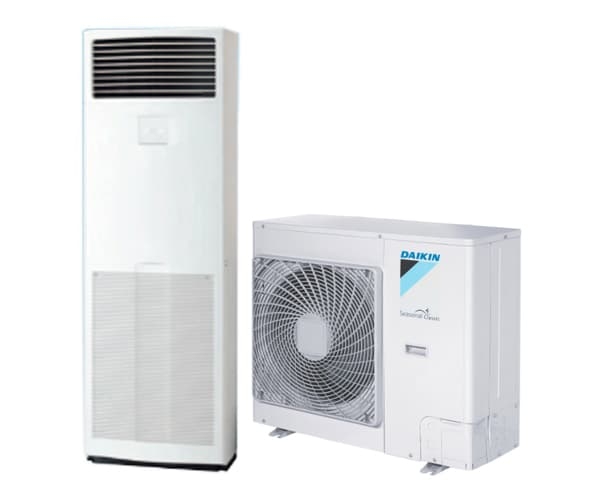Air conditioning (AC) systems are vital for maintaining comfortable indoor environments, especially during hot weather. One crucial component of these systems is the AC condenser. This article delves into the functioning of AC condensers, explaining their role, how they work, and their importance in the overall cooling process.
What is an AC Condenser?
An AC condenser is a key component of an air conditioning system. It is typically located outside the building and works in conjunction with other parts like the evaporator coil and compressor. The primary function of the condenser is to release the heat absorbed by the refrigerant inside the system, thus converting it from a high-pressure gas to a high-pressure liquid.
How Does an AC Condenser Work?
The AC condenser operates through a series of processes involving the refrigerant, a substance that absorbs and releases heat efficiently. Here’s a step-by-step breakdown of how the condenser works:
1. Compression: The AC system’s compressor compresses the refrigerant, increasing its pressure and temperature. This gas, under elevated pressure and temperature, is subsequently directed to the condenser.
2. Condensation: In the condenser, the high-pressure gas flows through a series of coils. As the refrigerant moves through these coils, it releases heat to the surrounding air. This is facilitated by the condenser’s fan, which blows air over the coils to aid in heat dissipation.
3. Cooling and Liquefying: As the refrigerant releases heat, it cools down and transforms from a gaseous state to a liquid state. This process of releasing heat and changing state is known as condensation, hence the name condenser.
4. Heat Release: The released heat is expelled into the outside air, effectively removing it from the indoor environment. This is why the condenser unit is located outside the building.
5. Cycle Continuation: The now-cooled, high-pressure liquid refrigerant is then sent back into the building, where it passes through an expansion valve and into the evaporator coil. Here, it absorbs heat from the indoor air, turning back into a gas and restarting the cycle.
Importance of the AC Condenser
The AC condenser is crucial for the efficient operation of an air conditioning system. Without it, the refrigerant would not be able to release the absorbed heat, rendering the cooling process ineffective. A well-functioning condenser ensures that the air conditioning system can maintain the desired indoor temperature by efficiently removing heat from the indoor air and expelling it outside.
Maintenance of AC Condensers
Regular maintenance of the AC condenser is essential to ensure its optimal performance. Here are some maintenance tips:
Cleaning: Keep the condenser unit clean and free of debris. Dust, leaves, and dirt can obstruct airflow and reduce efficiency.
Inspecting Coils: Check the condenser coils for any signs of damage or dirt buildup. Clean or replace them as necessary.
Checking Refrigerant Levels: Ensure that the refrigerant levels are adequate. Low refrigerant levels can cause the condenser to overheat and fail.
Professional Servicing: Have a professional HVAC technician inspect and service your AC condenser regularly to detect and fix any potential issues.
Conclusion
Ac Murah Jakarta – Understanding how an AC condenser works helps in appreciating its vital role in the cooling process. By effectively releasing the heat absorbed from the indoor air, the condenser ensures the air conditioning system operates efficiently. Proper maintenance of the condenser is key to extending its lifespan and maintaining the overall performance of the air conditioning system.




